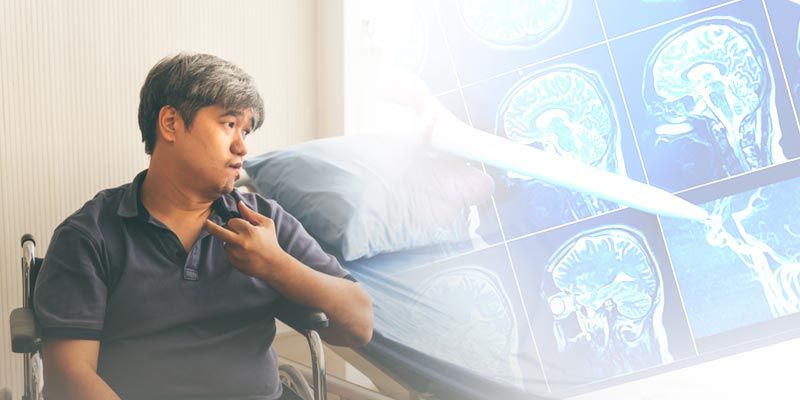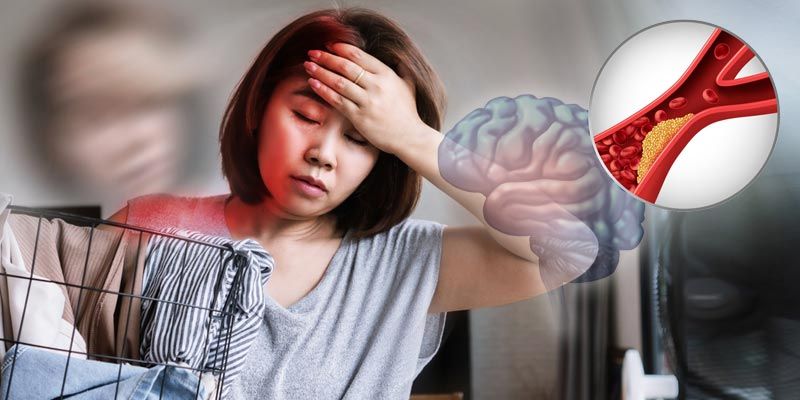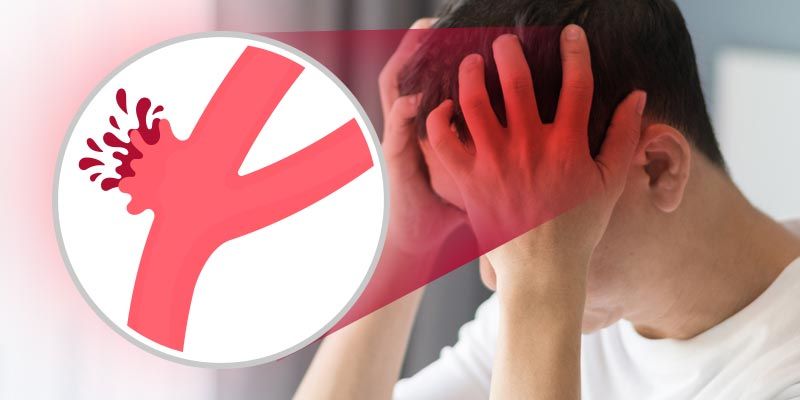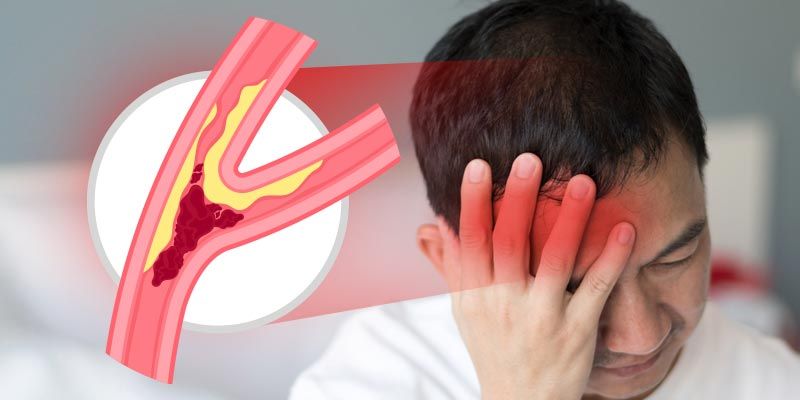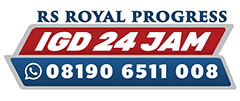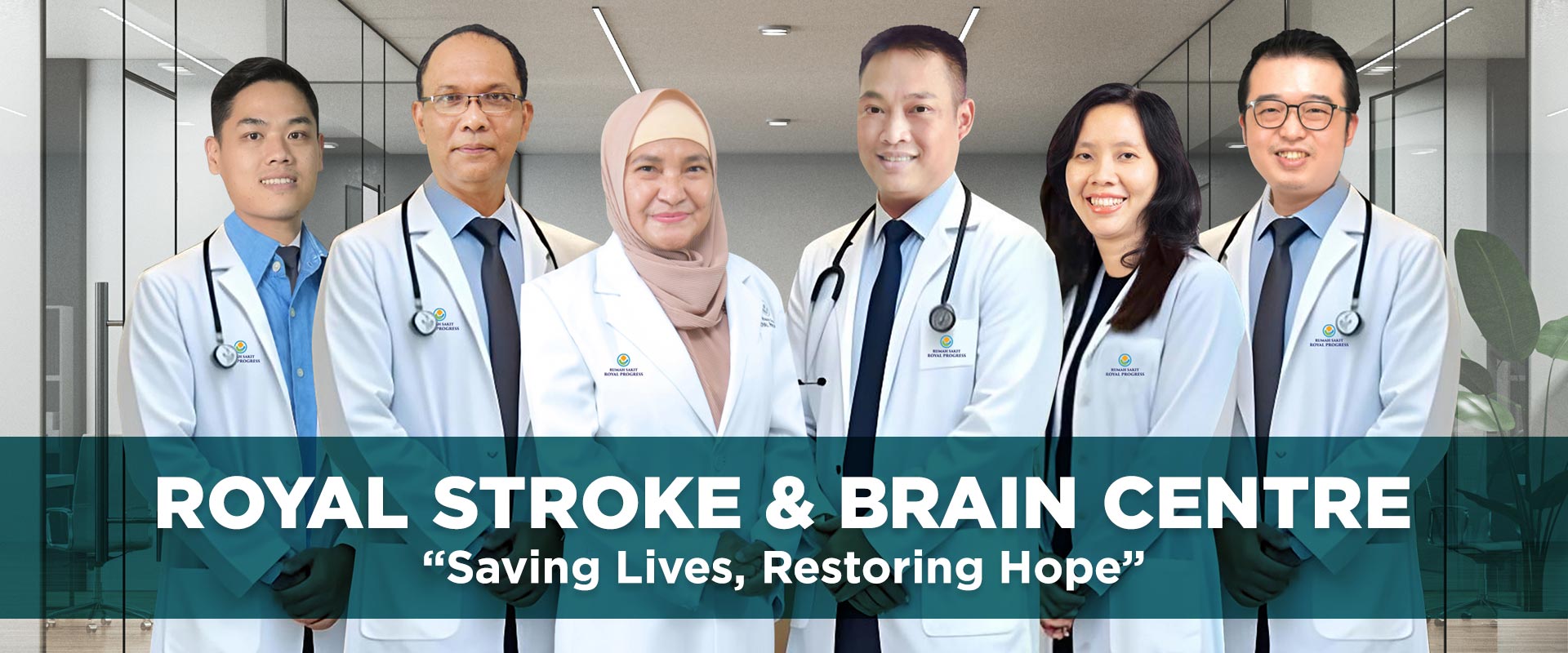
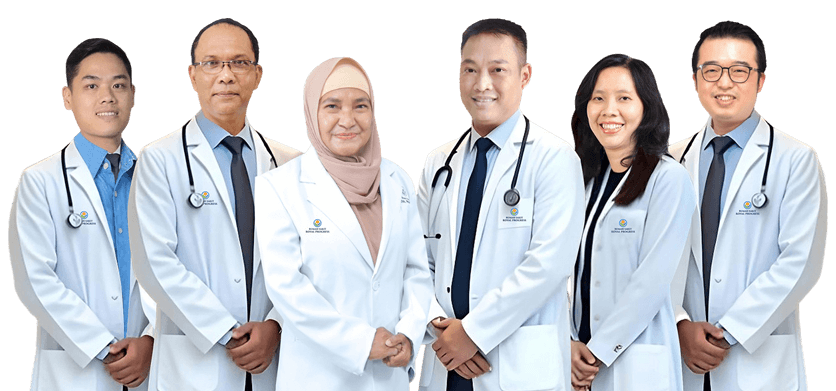
.png?updatedAt=1744856702613)
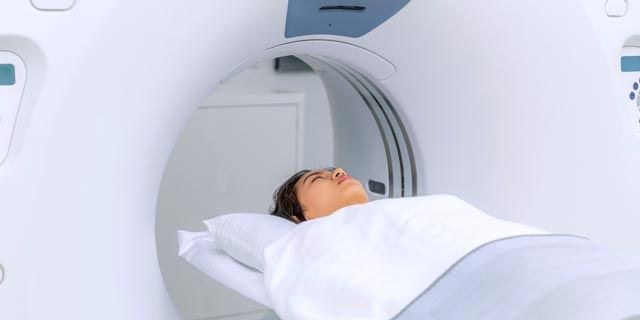
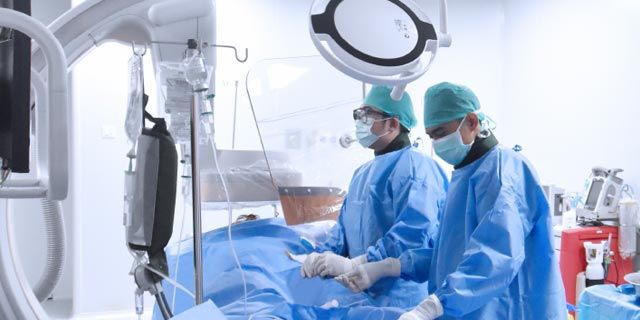
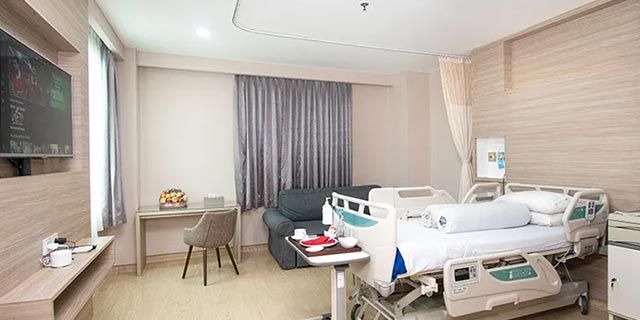
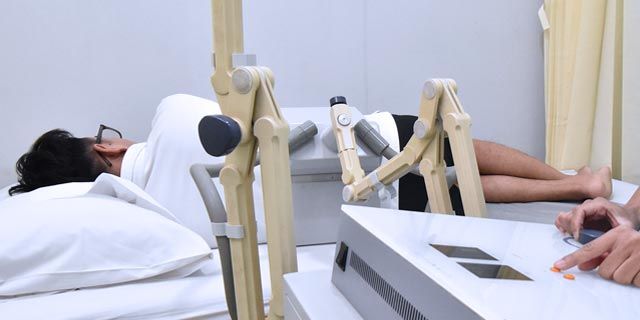


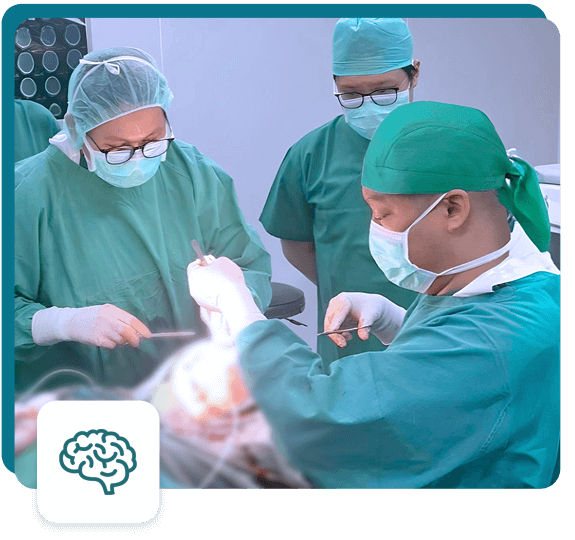

Digital Subtraction Angiography (DSA) for accurate diagnosis and interventional procedures to reopen blocked blood vessels.
Mechanical Thrombectomy to remove the blockage using advanced technology
Brain Surgery (Craniotomy) to remove blood clots and reduce pressure in the brain caused by bleeding.
VP Shunt to reduce the buildup of brain fluid (hydrocephalus) that may occur after a hemorrhagic stroke.
Neuroendoscopy, a minimally invasive procedure using an endoscope to manage bleeding or post-stroke complications.
Gagal mengambil data testimonial.
A stroke occurs when blood flow to the brain is disrupted, depriving brain cells of essential oxygen and nutrients. As a result, brain tissue can become damaged very quickly.
According to the World Health Organization (WHO), stroke is one of the world’s most serious health issues, ranking as the second leading cause of death and a major cause of long-term disability, with 6.5 million deaths annually.
In Indonesia, stroke is the number one cause of death, with a mortality rate of 193.3 per 100,000 people—one of the highest in Southeast Asia.
Stroke often occurs suddenly and presents with a variety of symptoms, making it important to recognize the warning signs early.
Key symptoms of stroke to watch for:
Sudden weakness or numbness on one side of the body
Difficulty speaking or understanding speech
Vision problems
Dizziness and loss of balance
Severe headache
Changes in consciousness, including fainting or seizures
Loss of bodily control a few days after the initial stroke
There are three main types of stroke:
Ischemic Stroke – caused by a blockage in a blood vessel that prevents blood from reaching the brain. This accounts for approximately 87% of all strokes.
Hemorrhagic Stroke – occurs when a blood vessel in the brain bursts, causing bleeding and damage to brain tissue.
Transient Ischemic Attack (TIA) – often referred to as a mini-stroke, caused by a temporary blockage that usually resolves without lasting damage.
Stroke diagnosis involves several tests to determine the type and severity of the stroke. Doctors may perform:
Physical Examination – to assess muscle strength, reflexes, and speech abilities
CT Scan or MRI – to visualize the brain and detect bleeding or damage
Blood Tests – to check blood sugar levels, cholesterol, and clotting factors
Cerebral Angiography – to examine brain blood vessels in detail
Echocardiogram and Electrocardiogram (ECG) – to detect potential blood clots originating from the heart
Prevention is better than cure. Here are simple yet effective steps to reduce stroke risk:
Control blood pressure through regular monitoring and medication if needed
Quit smoking and avoid excessive alcohol consumption
Choose a healthy diet rich in fruits, vegetables, and fish
Exercise regularly, at least 30 minutes a day
Get routine health checkups to detect risk factors early
